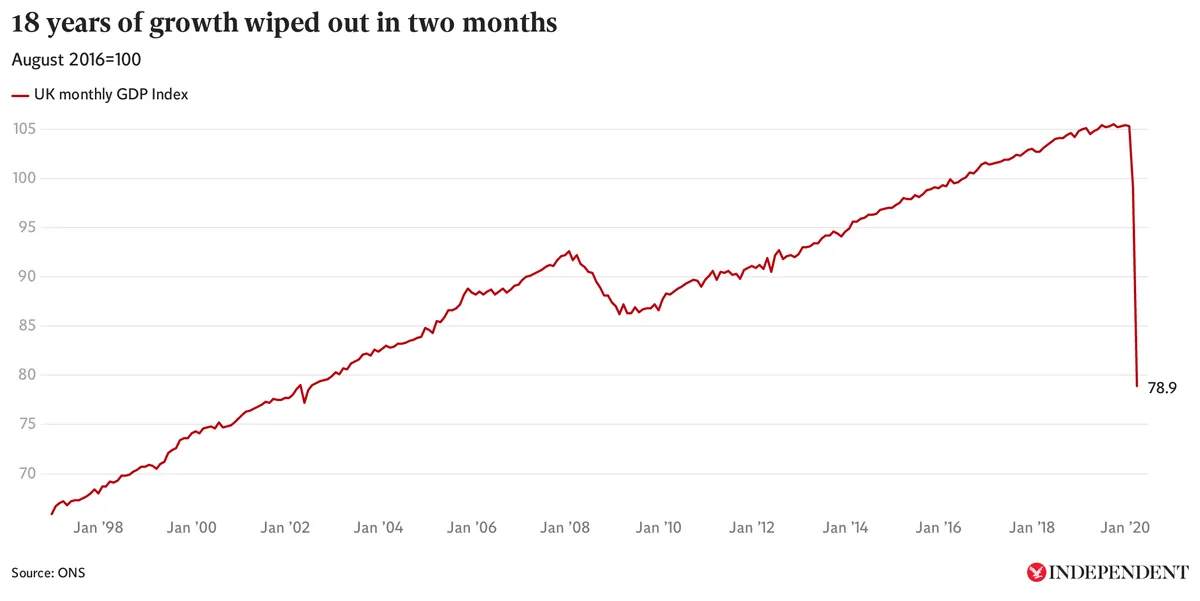NHS Nurses File Legal Case Over Transgender Changing Room Dispute
Five NHS nurses at Darlington Memorial Hospital have initiated legal action against their employer, alleging sexual harassment due to shared changing facilities with a transgender colleague.

In a recent development at Darlington Memorial Hospital, five NHS nurses have initiated legal proceedings against their employer, County Durham and Darlington NHS Foundation Trust, alleging sexual harassment. The case, filed in June 2024, stems from a dispute over shared changing facilities with a transgender colleague.
The nurses, dubbed the "Darlington Five," claim they were compelled to vacate their changing rooms after voicing concerns about sharing the space with a staff member who was assigned male at birth but now identifies as a woman. This situation has sparked a debate on balancing transgender rights with the comfort and safety of other staff members.
The NHS, established in 1948, has long been at the forefront of addressing evolving societal issues. However, this case highlights the complex challenges faced by healthcare institutions in implementing inclusive policies while ensuring the well-being of all employees.
According to the nurses, vulnerable women, including those with past trauma or religious and cultural constraints, experienced panic attacks due to the changing room arrangement. In response, the hospital management offered a "temporary" solution in July 2024 by converting a ward manager's office into an alternative changing space.
However, the nurses have expressed dissatisfaction with this arrangement, describing it as inadequate and humiliating. They report feeling "degraded and dehumanised" by the situation, which they claim fails to address their core concerns.

The dispute underscores the ongoing challenges in implementing the Equality Act 2010, which protects individuals from discrimination based on gender reassignment, while also considering the needs of other protected characteristics such as sex and religion.
It's worth noting that the UK has seen a significant increase in referrals to gender identity clinics in recent years, reflecting a growing awareness and acceptance of transgender identities. The NHS has specific guidelines for supporting transgender staff in the workplace, but cases like this reveal the complexities of practical implementation.
The nurses have also raised concerns about a letter they received from the trust's workforce director, cautioning them against making public allegations. This communication has been interpreted by the complainants as prioritizing transgender ideology over women's safety.
In response, a spokesperson for the NHS Trust emphasized their commitment to providing a safe and respectful working environment for all colleagues. They clarified that the letter was intended to outline the proper channels for raising concerns while maintaining confidentiality.
This case bears similarities to historical workplace disputes, such as the Ford Dagenham workers' fight for equal pay in the 1960s. It highlights the ongoing evolution of workplace rights and the challenges faced in balancing diverse needs and perspectives.
As this legal case unfolds, it will likely contribute to the broader discussion on transgender rights, workplace accommodations, and the protection of all employees' dignity and safety within the NHS and beyond.
"We continue to be appalled at how we and our female colleagues are being humiliated and dehumanised by the hospital and trust. Instead of listening and acting on our concerns and the public and media outcry, they have doubled down, putting transgender ideology before women's safety."
This case serves as a reminder of the complex interplay between evolving societal norms, legal frameworks, and the practical realities of workplace management. As the NHS, one of the world's largest employers with over 1.3 million staff, navigates these challenges, the outcome of this dispute may have far-reaching implications for healthcare institutions and workplaces across the UK.


































